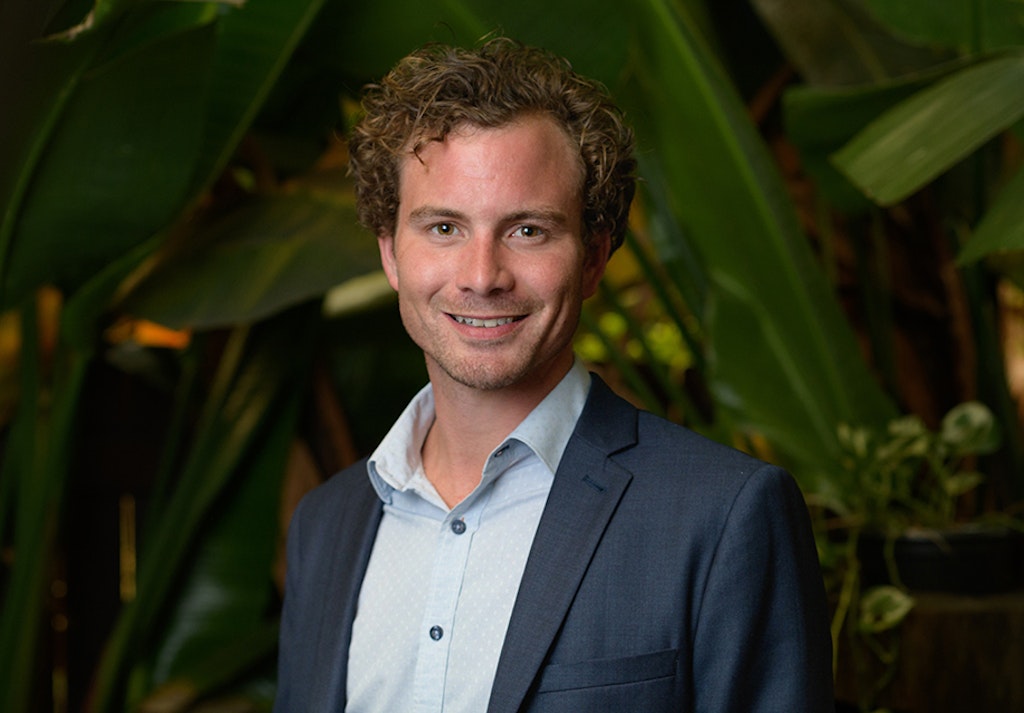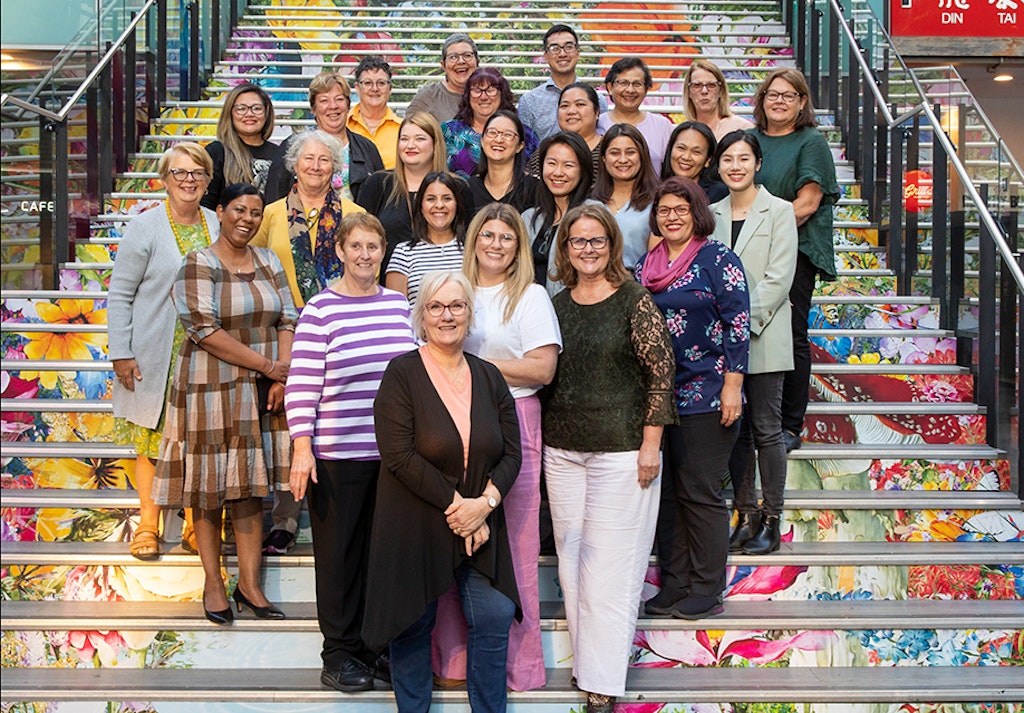Care versus compliance: What is the cost?

Emma Clark GUEST CONTRIBUTOR
Hello Leaders - Marketing Manager
Last updated on 21 June 2023

The aged care industry in Australia is one with constant challenges, and one such challenge that remains at the forefront of the news is the shortage of care workers.
Under a pre-election pledge, The Australian Labour Party committed to a registered nurse on duty in every facility 24/7 from July 2023. Many facilities are finding it difficult to meet this commitment, which is in addition to delivering 200 care minutes each day per resident by October 2023.
Aged care facilities are recruiting to fill RN and care worker positions, but are finding it difficult to attract enough applicants. This challenge is felt even more acutely by regional facilities.
Workforce shortages are a challenge well known to Paddy Spillman, Senior Client Partner for industry-leading consultancy, Health Generation. The organisation’s work with aged care providers nationally shines a light on the challenges faced.

Paddy Spillman, Senior Client Partner for Health Generation (source: Health Generation).
“The current shortage of RNs, ENs and carers is one of the biggest challenges facing the industry” says Paddy. “With the requirement for 24/7 RNs and mandatory care minutes per resident, the workload has increased, but funding has not and nor do compliance obligations cease” he says.
“It can be really difficult to provide the care you want to be able to provide with these requirements in place, particularly because it’s so difficult to get adequate and appropriate staff. There are more and more jobs advertised for RNs and experienced managers that facilities are struggling to fill,” Paddy continues.
Worker turnover rates have been much higher than the normal expected churn, with 65,000 workers expected to leave the industry in a single year1. An often-cited cause of this is worker burnout, exacerbated in recent years by the pressures of COVID-19 on the workforce.
“There’s also a lot of great people who have left the industry due to burnout after the pressure and stress of the last two years. It’s been an incredibly difficult environment in aged care,” said Paddy.
Australia prides itself on having one of the highest standards of living in the world, but such resource shortages mean our aged care sector is performing at below global levels. Our government spends less on the sector than world-leading nations such as the Netherlands, Scandinavian countries and Japan2.
The primary goal, mission and passion for an aged care worker is to deliver care to our most vulnerable population. This is the backbone of the industry, and why families entrust the care of their loved ones to facilities and their staff. But in order to meet the regulatory and compliance requirements imposed by our government, many care staff spend valuable care minutes completing extensive paperwork and reporting.
It seems contradictory for a government to impose both mandatory care parameters and also extensive reporting on aged care facilities, where one takes time away from the other. The reality is that many staff will attempt to complete their paperwork as quickly as possible in order to return to face-to-face care. That practice in itself puts the facility at risk of errors, oversight, and non-compliance.
Thankfully, organisations like Health Generation exist whose sole purpose is to assist aged care providers to meet their compliance obligations in the most efficient and effective ways.

The Health Generation Team (source: Health Generation).
Health Generation is a comprehensive aged care consulting practice, specialising in compliance advisory, AN- ACC funding, and clinical operations support. They recognise the challenges faced by providers in the aged care industry and tailor their client engagements to resolve these challenges with bespoke solutions. They offer clever and innovative insights to streamline processes and procedures so regulatory and reporting obligations are met without sacrificing client care.
“The rapidly ageing population in Australia is putting pressure on an already stressed system” explains Paddy. “We’re not able to produce nurses and carers at the same rate as our aged demographic is growing. Provider focus is on care for residents, and all too often funding entitlements, documentation to meet compliance obligations, and staff education take a back seat.”
“Workforce and resource issues are very much a root cause of compliance issues. If you don’t have enough staff, there are going to be inevitable gaps. Additional resources are required to ensure funding entitlements are maximised, compliance requirements are met and staff receive appropriate upskilling and education to ensure they consistently deliver a high standard of care”
“The compliance requirements and the Aged Care Quality Standards are very documentation driven. But nurses and carers are there to provide resident care – not do paperwork. So whilst the standards of care may be high in a facility, if staff are time-poor, the documented evidence may not be adequate. That is where Health Generation can help.”
Health Generation’s expertise extends beyond regulatory compliance. With over 30 expert clinical consultants on staff, they help providers optimise their operations for a holistic business benefit. Health Generation provide expert clinical consultants as dedicated resources on the ground to support providers.
Each client that Health Generation works with is treated as an individual – with a bespoke solution crafted to suit their needs and requirements. Whilst there is a lot of commonality within the aged care industry and the issues providers face, each service or facility is unique and is treated as such.
Working with both large and small organisations has given Health Generation a wealth of knowledge and experience to draw from. This, together with the scale of their operations, allows the business to service multiple clients at once and deliver the highest standard of clinical, governance, and funding support.
“We partner with providers. We collaborate with their management and their clinical team” explains Paddy. “We’re not here to provide a one size fits all service offering, we work with homes to develop the specific systems and processes they need. What suits one provider may not suit another, so the approach has to be completely custom.”
With Australia’s rapidly ageing population, the stress on the aged care sector will only increase in the years to come. Now is the time for providers to assess and optimise their operations with a future-proof mindset and, for those who don’t know where to start, seek and engage external professional expertise.